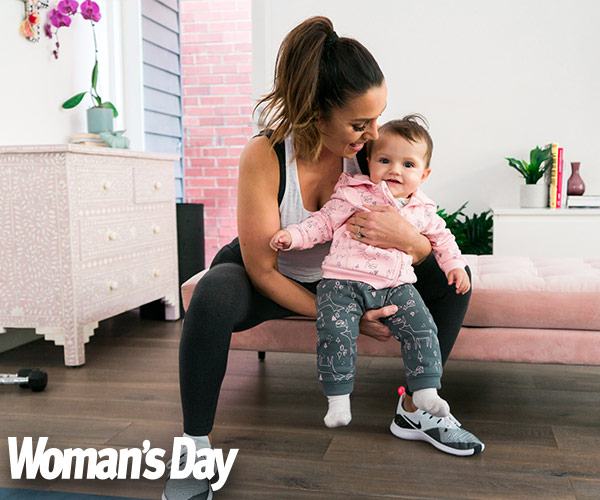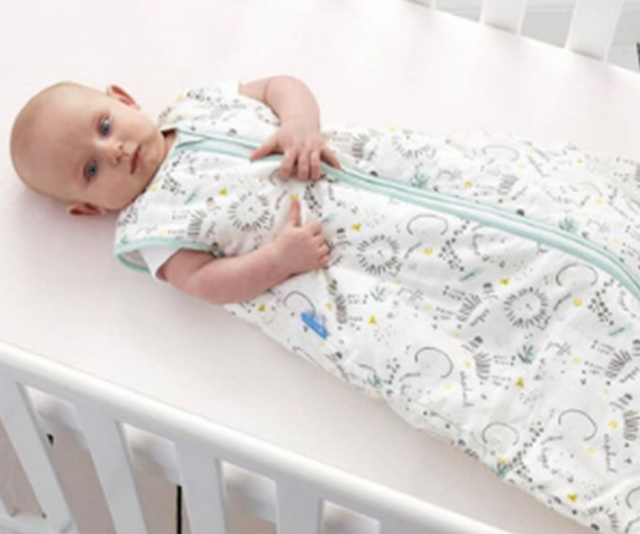Nap time, playing and eye concerns
Nap time
Is your little one napping throughout the day? Rest assured, it’s not unusual for newborns to have a short nap of less than an hour especially as they are feeding every 2-3 hours.
All babies’ sleep cycles are 40-45 minutes long until they’re three months old or a bit older. When they come into a light sleep at 40 minutes, many babies will wake up; others seem able to settle themselves back down for another 45 minutes without coming into full waking.
Ultimately, if your baby is growing, meeting her developmental milestones and generally healthy, catnapping isn’t a medical concern.
As your baby grows, and her brain and body develops, her short naps should begin to stretch into longer ones.
Once you’ve made it through the “fourth trimester” and your baby is four to five months old, you’ll probably see more consistent naptimes (usually three a day) and longer stretches of sleep at night.

Your 10 week old will love playing with you.
Play time
Your 10 week old baby is really starting to enjoy play now, she will love all the bright toys which she can gaze at, try to reach and soon be able to hold and chew.
Rattles, teething rings, toys to hang over her pram, play gyms and mats will all be great at this age.
Your little one will also love when you’re also on the floor playing with toys, talking to her and making funny faces.
By 10 weeks, your bub’s legs have become a lot stronger. Try holding your baby by her body and see if she can hold some weight on her legs.
Eye Concerns
What looks like a blocked tear duct could also be conjunctivitis. Caused by a bacterial or viral infection that might affect one or both eyes, it’s common among babies. Symptoms can include redness in and around the eye, and green or yellow mucus that practically seals the eyelids shut, particularly first thing in the morning.
Conjunctivitis is contagious, so be sure to wash your you touch bub’s face and wash all clothing and bedding after use.
At home care
If the symptoms are mild, gentle cleaning of the eyes with cotton balls soaked in warm water may help your child feel better.
• Clean in one direction only, outwards from the inside (nose side) of the eye. This prevents the other eye becoming infected if only one eye is affected.
• Discard the cotton ball each time to prevent recontamination.
Do not try to clean inside the eyelids as this may cause damage to the conjunctiva. Lubricating eye drops such as ‘artificial tears’ may give some relief.
Medical help
See a doctor if you bub’s conjunctivitis isn’t getting better after two days. The GP will determine what type of conjunctivitis your child has, and may recommend treatment with antibiotic drops for bacterial conjunctivitis.

